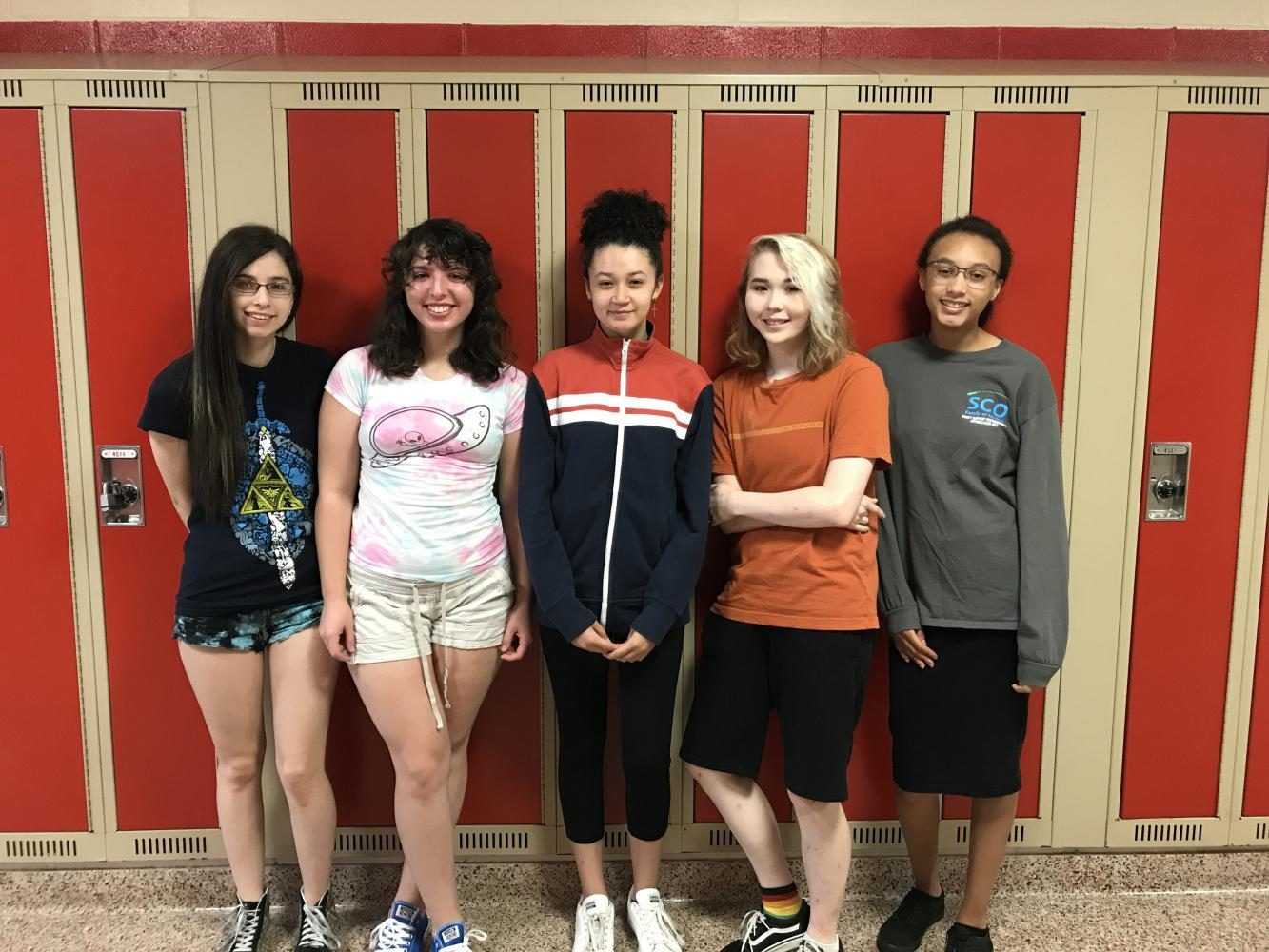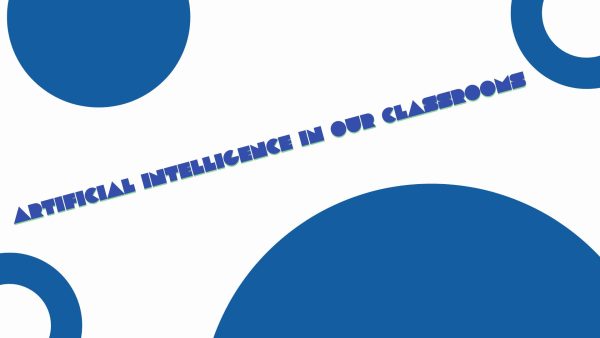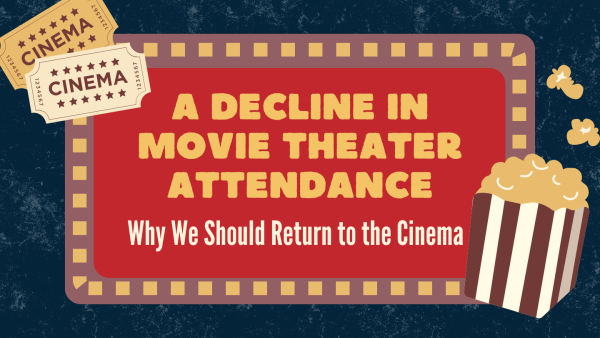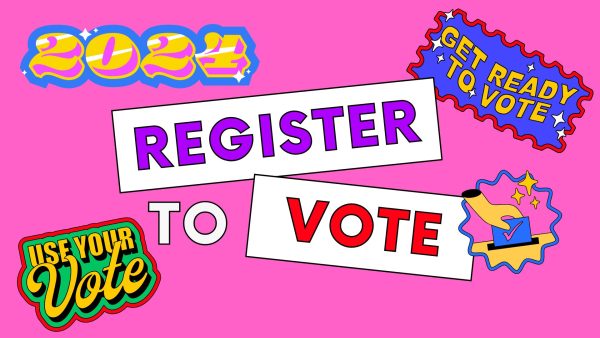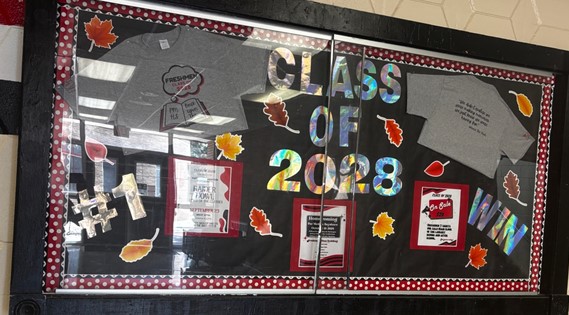Mixed Kids
Photo by Alison Mckeough
PMHS students discuss self-awareness and identity growing up with mixed-race ethnicities.
The teenage years are a confusing time. Where do you fit in? Where do you belong? Who are you? This is even more the case for mixed-race and multicultural teens, who have to answer additional questions, like “How do I fill out my race on this application?”, “What do I do if someone doesn’t believe me when I tell them my heritage?”, and more generally, “What am I?”, as they make the complicated transition into adulthood while also answering these inquiries for themselves.
According to the U.S. Census Bureau in 2013, about 9 million Americans chose two or more races when asked how they identify themselves, and that number has been steadily growing since then due to the more open-mindedness of our advancing society. Even our last president, Barack Obama, was the son of an African-American father and Caucasian mother, and his election proved that times are indeed changing. But just because there are many of us, it doesn’t necessarily diminish the struggles.
I, myself, born to a Caucasian father and a mixed Puerto Rican mother, face the struggles of identifying myself and the reactions to how I do so often. I appear very fair, yet have subtle Hispanic features, and as I’ve been (stereotypically) told, “Latin curves”. However, due to being light-skinned and not growing up speaking the Spanish language (my mother wasn’t either as my grandfather was an immigrant who had the idea that “Americanizing” your children was for the best), I didn’t really acknowledge this part of my heritage until high school, when I started finding out who I really was.
I’ve been told I can’t identify as Hispanic by other Caucasian students, just because I appear mostly white. I’ve also been told by other Hispanic students, “but you’re not white though”, when filling out applications, because they know of my mixed heritage. Heck, some people still have closed, bigoted minds and think race and ethnic mixing is a disgusting abomination. However, I don’t care. I’m just enough either way, and I’m a proud Puerto Rican-American and Italian-American.
Patchogue-Medford is an accepting and ethnically-diverse school district. I went so far as to interview other multicultural seniors about their mixed identities, struggles, acceptance, and pride in who they are.
How do you identify yourself?
Natori Haughy: I identify myself as African-American and Caucasian.
Jude Riis-Fallica: Purely Asian; more specifically Russian. My father was Russian and my mother was Buryat. So Eastern Russian and Siberian, to be more specific.
Shaianne Peters: When someone calls me white, I correct them by saying that my mother is white and my father is black.
Tyler Diaz: Norwegian and Puerto Rican.
McKenzie Smith: I’m white and Jamaican, but when asked, I simply identify as biracial because it makes everything easier for others and myself to digest. However, when somebody asks me (as they always will) “what I am”, I tell them I’m Jamaican and watch their eyebrows furrow while they try to figure it out.
Has one or all parts of your identity ever been suppressed by yourself or others?
Natori: I used to suppress my identity as African-American when I was younger because I felt like I wasn’t close enough to my roots to be able to identify as African-American.
Jude: As a kid, my peers would often make crude and nasty comments during class whenever we went over the Cold War. I would be called a Communist and be pushed away if I wanted to join a group of kids for group work. I felt as if I were an alien to them and often insulted myself for it despite it being something I can’t control.
Shaianne Peters: I dislike the hair genetics my father passed down to me, giving me curly, poofy and thick hair that I always straighten.
Tyler: No. I look and act like I’m a “white person”. I don’t eat Puerto Rican food. But I’ve had flan. My grandparents speak Spanish. I think Norway is cool. I’m German, too.
McKenzie: Yes. In the past I would (most often) subconsciously attempt to suppress my “darker” roots and characteristics but I don’t think I ever understood why. Now that I’m older I realize it was because I was taught-directly and indirectly-to be ashamed of them.
When did you start embracing both/all parts of your racial/ethnic makeup?
Natori: I started to embrace all parts of my race a couple of years ago and now I’m finally feeling comfortable with who I am.
Jude: I started to embrace both identities when I realized others found my combined physical traits beautiful. My birth mother had a more “Asian” look with dark hair, brown eyes, and a darker complexion, but my birth father had the more classic Russian blonde hair, light and wider eyes, and fair skin. I got the mix of pale skin, blonde hair, and green eyes, but I have the more almond eye shape from my birth mother. Everyone always said the mixture was unique and unlike any they had ever seen which slightly boosted my confidence whenever I received a compliment like that.
Shaianne Peters: I don’t really embrace my heritage due to the fact that I dislike my father and I still never let my hair stay natural.
Tyler: Why wouldn’t I embrace it?! I was always taught to be who you are. My grandma will make anything from Norway, and I went to Puerto Rico this year.
McKenzie: I think the final step I took to express every part of me was embracing my natural hair. My hair had always been something I was afraid to unleash because I never understood it-much like my mixed identity. Now, I think of my hair-in all it’s curly glory-as my identity itself.
Have you ever faced discrimination/stereotyping based on one or more of your races/ethnicities?
Natori: Surprisingly, I haven’t faced any discrimination because of my ethnicity.
Jude: I faced discrimination primarily from my peers who can be ruthless when they pleased. I have a clear memory of when I went to the beach and a guy the same age as me asked if Jackie Chan wanted their kid back. I got bullied a lot in elementary school for my squinty eyes and there were always the phrases of “ching chong” and “Communist” that haunted me. It took me a while to suck it up and watch movies and shows despite always having the bad guy be Russian. I often was told by kids at a summer camp that I wasn’t related to my (adoptive) family because my two moms were white and I wasn’t. A lot of kids don’t realize that blood relation doesn’t always make a family. I never faced drawbacks in society because from first glance I appear to be Caucasian because of my white skin and blonde hair.
Shaianne Peters: I haven’t been discriminated against because one look at me and people assume I’m a young white woman.
Tyler: No; I haven’t.
McKenzie: The first time I realized the reason why people stared at my mom and I when we were in public, I was five. The first time someone told me to “go back where I came from”, I was seven. That was the same year another kid told me nobody liked me because I was darker. I’ve been called and told many racist things, often disguised as “jokes”-mongrel, mutt, Oreo, negro, etc. I get followed around in stores as if I am predisposed to theft; the most recent incident was at a Macy’s when I was trying on shoes for Junior Prom. But I think the hardest part of being mixed is feeling that I don’t belong; I’m always too white to be black, and too black to be white.
Are you proud of your heritage? How does it make you different and what do you love most about being multicultural/racial?
Natori: I am very proud of my heritage. Everyone is different whether they come from a biracial background or not so I believe that I’m as different as everyone else is. The thing I love most about being biracial is that I get to live and learn from different cultures.
Jude: I am proud of my heritage, but it did take time to get used to it. At first, it was something I hid and would only discreetly reveal if asked in private. Now, I’m not afraid to show that part of me. I love being from two different cultures because it made me different which is something that so many people are afraid of. If we don’t combine primary colors with one another, we miss out on some beautiful things.by empathy and understanding.
Shaianne Peters: While I’m not proud of my heritage again due to disliking my father, it’s interesting telling people I’m mixed because they are always speechless and in disbelief.
Tyler: Yes I’m proud. It’s cool! In Norway, we were Vikings, and we have some pretty cool hats in Puerto Rico.
McKenzie: I love being biracial. It allows me to have more than one perspective when looking at the world and opens my eyes to the impossibly simple solutions to conflicts that can only be found by empathy and understanding. My heritage is a victory. Half of my ancestors were slaves in Jamaica and the other half likely owned slaves in America. My parents laid aside their heritages to bring my sister and I into this world and I like to think of my birth itself as an act of defiance against each of the mentalities of my foremothers and forefathers. I’m a victory-a miracle-in history. That’s who I am.
Beautifully said, Pat-Med. This has been my favorite article to write, as it highlights everyone’s differences, yet also shows that some of our experiences are the same. Whether you’re mixed or not, been discriminated against or are privileged, proud of who you are or still learning to love yourself, our differences are what makes us human, and instead of hiding or bullying others for them, I think it’s time we all learn to embrace them.
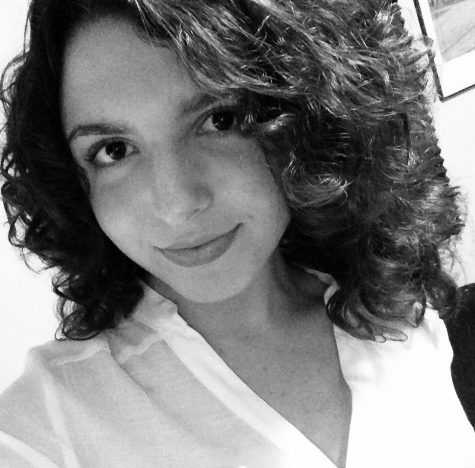
Gr. 12
"I know I may be young, but I've got feelings too."-Britney Spears

